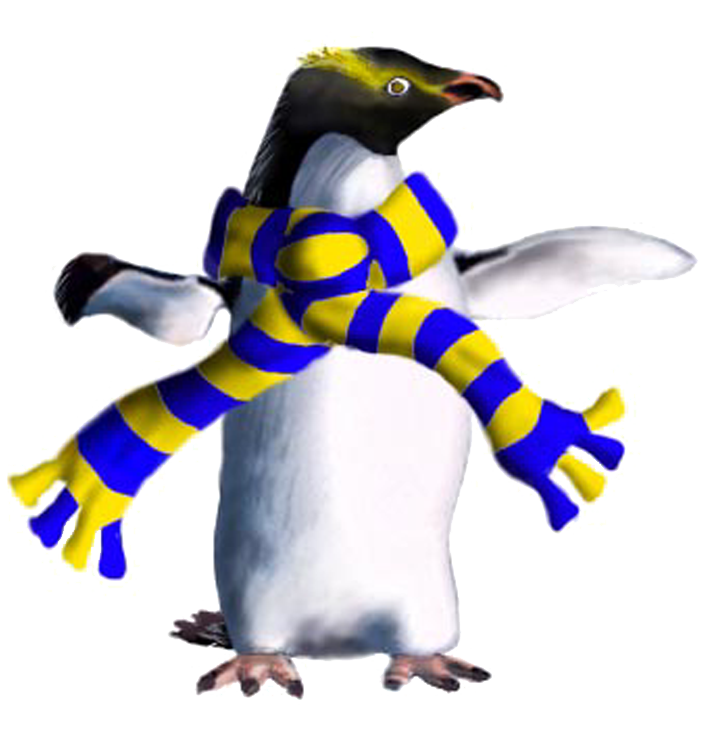Other Resources
Earlier exams in COSC241 and COSC242 are available from the library but be aware that COSC201 is a combination of the two papers and not all topics will be relevant.
As a matter of long-standing policy I do not provide solution sets for previous exams but am happy to provide feedback on genuine attempts to solve some problems - within reason!
A useful reference in case you’re not taking COSC202.
The COMP162 lab book should remind you of what you are expected to have covered before COSC201. Only the Java sections are relevant to COSC201.
There are a lot of online resources to review algebra (manipulation of algebraic expressions etc.) as we use it in COSC201. One of the most comprehensive would be the Khan academy. I don’t expect you’d need everything here, but the basic parts of units 10 and 11 would seem to be particularly relevant and then you could move forwards and backwards as needed.
The link above is to a Coursera paper which has a free enrolment option and has much of the same content as this one. It’s a useful secondary reference for a different perspective, though rather more mathematical background assumed. This is entirely optional and for extra reference only – COSC201 will be entirely self-contained. An alternative source of this material (and more) is the booksite for the corresponding text: Algorithms, 4th Edition by Robert Sedgewick and Kevin Wayne.
This book, by Clifford A. Shaffer, was useful for COMP162 and remains useful in COSC201. Note that the parent site contains links to the source code used in the book
This, by David J. Eck, is a good reference for more basic material. Roughly speaking you are expected to already be familiar with most of the material in Chapters 1- 5 and 7-10 from COMP162.
This links to Jeff Erickson’s site for his Algorithms textbook and other teaching materials. Of particular significance are his notes on induction. Here are solutions to some of the problems at the end of those notes.
- WilliamFiset (first noticed for union-find)
- Michael Sambol (first noticed for red-black trees)
David Galles at University of San Francisco provides visualisations or animations of the algorithms considered in COSC201 (and others). There’s not a great deal of explanation of how they (the algorithms or the visualisations) work, but it’s usually possible to muddle your way through.
 COSC201 Algorithms and Data Structures
COSC201 Algorithms and Data Structures